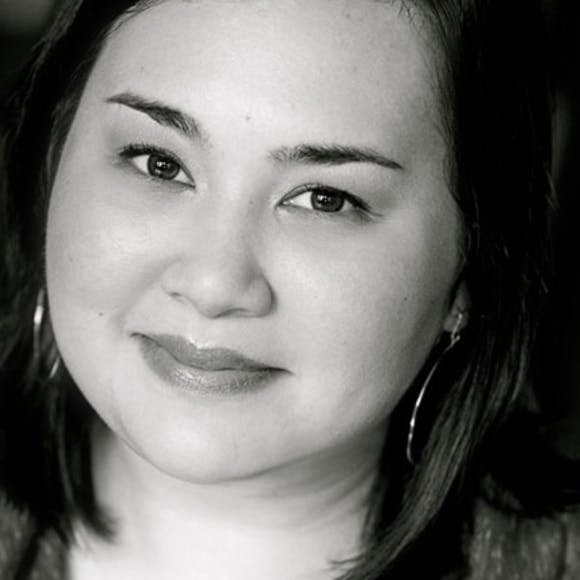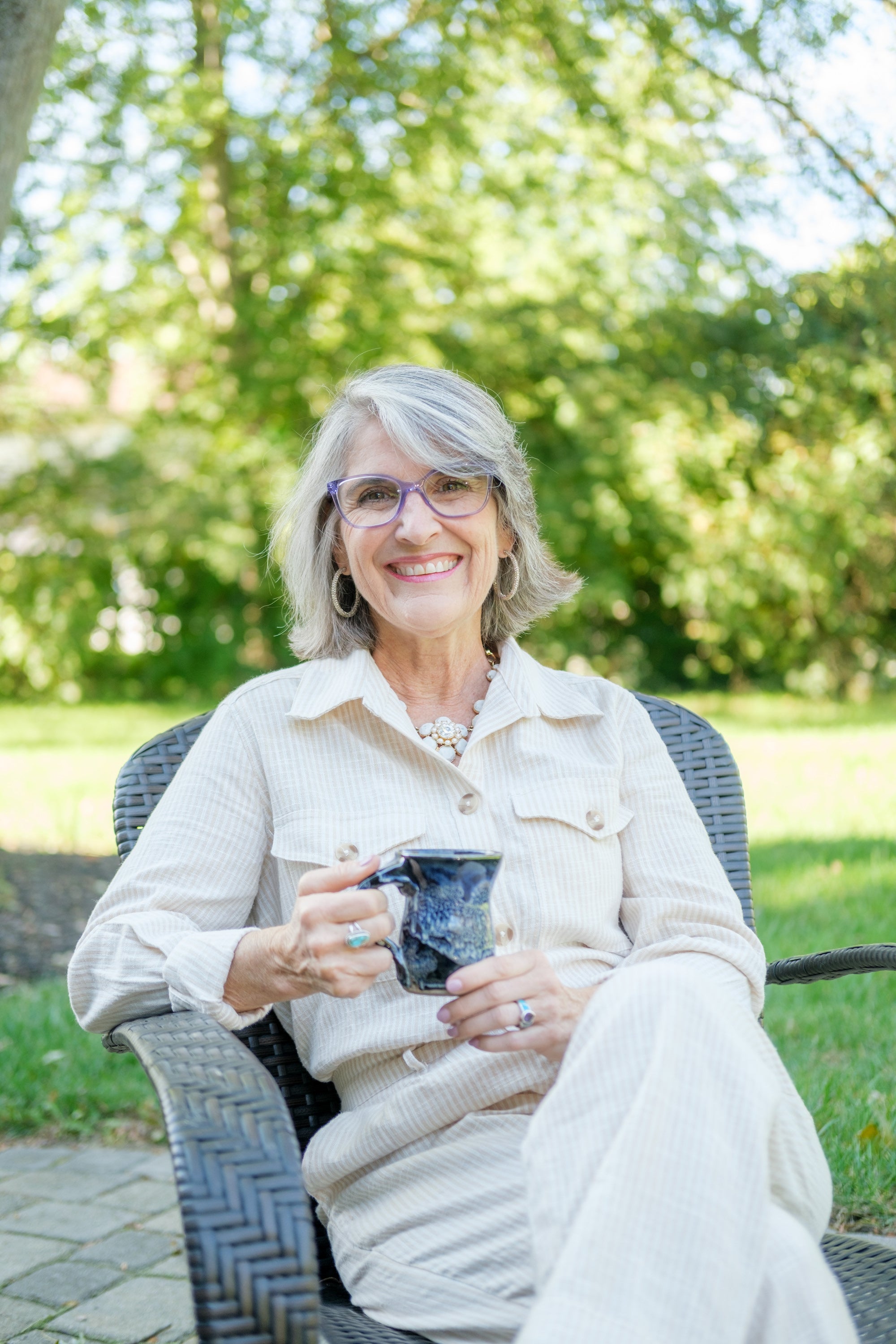Book: Wild Remedies

Author: Rosalee de la Forêt
Author Bio:
1. When did you realize that you were going to devote your life to plants?
In my early 20s, I started attending a wilderness school where I was learning everything from making survival shelters to creating stone tools and foraging for plants. I loved it all, but over the course of the year, I was really drawn to the plants.
During those studies, I also became very sick with an autoimmune disease that doctors told me was incurable. However, with the help of many holistically-minded practitioners and lots of herbs, I recovered completely. That experience set me on my path to being an herbalist.
2. What are you excited for readers to learn about in “Wild Remedies”?
Wild Remedies is about learning how to identify, forage, and tend to the plants that grow around you. What most excites me about the book is how it guides the reader on a transformational journey of deepening nature connection. My most intense moments of joy and pure fun have been spent outside with the plants and other wild creatures. I hope to inspire others to find that same heart-filling happiness.
3. Are plant remedies best for consumption, treatment, medicating or prevention?
Plant remedies can be a nourishing meal and they can also be powerful medicine. They can be used for both acute and chronic situations. One of the first ways I used plants effectively was to address recurring urinary tract infections. These days I can’t imagine not having herbs to address symptoms of colds and the flu. I especially love herbs for preventing illness.
However, depending on the person and the circumstance, plant remedies may not be the only type of help that the person needs. For issues beyond daily self-care, I recommend working with a trained herbalist, and whomever else may be on your health team.
4. How much research should individuals do before crafting their own herbal medicine?
Most plants, especially the ones I teach about and include in my books, are very safe. In that regard, most people can use them without needing to do a deep dive into research. However, if someone has health complications, then more research and working directly with an herbalist is warranted. And not all plants are safe, so basic knowledge of the plant you want to use is always necessary.
Luckily, we know so much about plants! We have historical information, the experience of practitioners today, and thousands of scientific studies. I cite hundreds of clinical, double-blind, placebo-controlled, randomized trials in my books.
Beyond safety, knowing how to use the plant is important. Do you use the leaves or the roots (or both)? Do you want to use it fresh or dried? Is it best as a tea or tincture? The answers to these questions vary by plant.
5. Do plant remedies vary based upon body types?
Yes! That’s one of my favorite things about herbalism. When used skillfully, herbs aren’t a one-size-fits-all solution.
Herbal energetics is the process of determining which herbs fit best for which people. It refers to the four qualities of hot, cold, damp, dry and those qualities then apply to both plants and people.
When we look at that for acute situations, the answer is really easy to see. For example, if you have a hot, dry, and painful sunburn, do you want to put something on it that is cooling and moistening, or do you want to put something on it that is heating and irritating? My guess is that you’ll go with the cooling and moistening, something like aloe vera.
Those same situations apply in chronic situations as well. If someone tends to always feel hot, then their overall herbal regimen will be best if it is more cooling. If someone tends to feel colder most of the time, we wouldn’t want to exacerbate that by giving an excess of cold herbs.
I show you how to figure out your own energetics in my first book, Alchemy of Herbs: How to Transform Everyday Ingredients into Foods and Remedies That Heal.
6. Most people are familiar with the healing ability of ‘Aloe Vera’, what are some other plants that are great for external tissue healing?
So many! Plants are really wonderful at this. One of my all-time favorites is plantain (Plantago spp.), which is a very common weed. It can help heal wounds and is also famous for taking the sting and swelling out of insect bites like bee stings. Yarrow (Achillea millefolium) and cottonwood buds (Populus balsamifera) are two others that are wonderful for healing wounds.
7. What was it like co-writing “Wild Remedies” with Emily Han? How would you explain your writing process?
To begin the writing process, Emily and I went to a remote location on the Washington coast to outline the book. We used a system we’ve been taught by Victoria Labalme through her Rock The Room system.
It involves using index cards and spreading them out visually. We rented a cabin and by the end of it, we had hundreds of index cards over every inch of the floor. We then used that outline as the basis for writing the book.
We split things up for writing, then revisited what each other wrote to give feedback. Over time we began to see where each of us excelled and so we played to those strengths.
While we didn’t sit down and write every word together, the book is so intertwined with the two of us that I often don’t remember who actually wrote what.
8. Seeing as “Wild Remedies” was co-written, what were some of the challenges? Do you both have similar writing styles or did they vary?
Emily and I have been working together for almost a decade and so we knew what we were getting into. There were surprisingly few challenges. I often think that the two of us are so similar that it made the process go incredibly smoothly.
We still laugh at how often we finish each other's sentences or come up with the same idea at the same time. However, we are also very different, we come from different backgrounds, habitats, and experiences. The book is much stronger because we were able to bring our different perspectives to its pages.
9. If you were lost in the Springtime in a ‘Temperate Deciduous Forest’ for no less than two days and two nights, what plants would you consume for survival?
Springtime is all about those tender young greens! Miner’s lettuce, young bracken ferns, stinging nettle, chickweed, dandelion, and on and on. A regular spring feast!
10. What’s your best advice for getting over writer’s block?
Show up every day. Take walks often. Writing can take intense focus, so it’s just as important to set it down and experience life outside of writing.
11. What’s the best advice you have ever received on happiness?
Live your life. Comparison is the thief of joy.
12. What’s the best book you have read in the past year?
I recently read Where the Crawdads Sing by Delia Owens, which I loved on so many levels. The nature writing was exquisite and the mystery kept me turning the pages. It’s been a best seller for many months now, so I’ll also give a second book that people may not know.
The Highland Witch by Susan Fletcher was also achingly beautiful, with wonderful nature writing about the highlands of Scotland. It also had intrigue that made the book hard to set down.
13. Do you plan on writing more books in the future?
I have ideas for two more books! However, my online courses will keep me busy for a while, so they may be a few years in the making.
Places To Find More From This Author:
Instagram: @rosaleedelaforet
Twitter: @RosaleeForet
Facebook: Herbs with Rosalee
Website: http://herbswithrosalee.com/
Get Your Copy of Wild Remedies Today!













